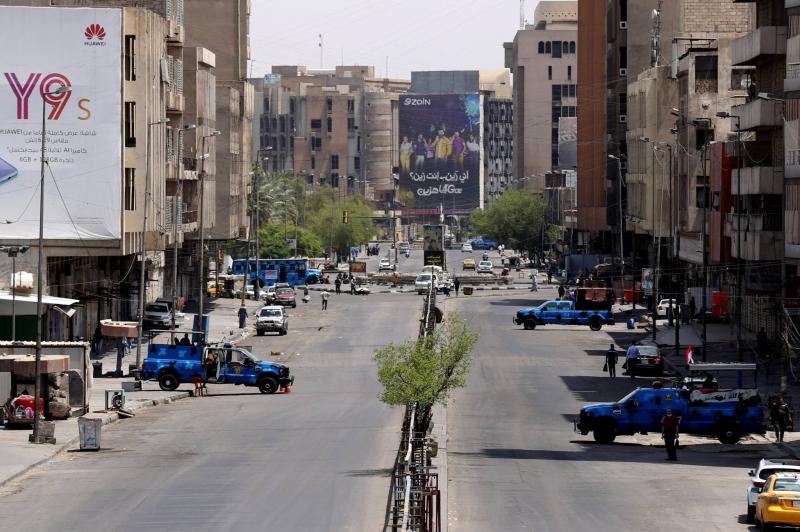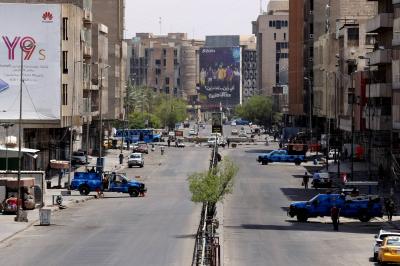The Iraqi government is working to enhance the internal security system in Baghdad by deploying surveillance cameras across all areas of the capital. Specialists affirm that the "third eye" will help reveal details of incidents and track down criminals, while simultaneously reducing violations and crimes, and enhancing citizens' adherence to laws due to the feeling of constant surveillance.
Prime Minister Mohammed Shiaa Al-Sudani has directed the coverage of all areas in Baghdad with smart cameras, specifically in key locations during his tour of the capital. Recently, there has been a noticeable increase in the installation of surveillance cameras in homes and businesses across all Iraqi governorates, alongside a rise in shops selling them. The Iraqi Ministry of Interior has urged citizens and business owners to install surveillance cameras to protect their areas and properties, as well as to assist security forces in maintaining safety, tracking criminals, and reaching perpetrators of theft and terrorism.
In this context, the Director of the Center for Security and Strategic Studies, retired Major General Dr. Imad Allo, confirms that "cameras are an advanced method used to reduce organized crime and any security breach, especially in areas of interest or vital objectives requiring continuous monitoring and protection by security forces." Allo explains that the "surveillance cameras come in various types and are linked to a command center for coordinating work with security agencies and ensuring rapid response to direct forces to the site of the security breach."
He points out that reducing crime involves more than just installing cameras; there are other measures such as intelligence efforts, the deployment of security forces, cooperation with citizens, and coordination with neighboring countries. This requires high-level training, which the government seeks to develop for the internal security system.
Legal expert Ali Al-Tamr notes that "Iraq is witnessing a significant increase in crime rates, making cameras a necessity for stabilizing security. They record everything, and violations cannot be hidden; they serve as the 'third eye' of the law, with their recordings serving as undeniable evidence of incidents."
Al-Tamr emphasizes that in most countries, including neighboring ones, the installation of surveillance cameras correlates with a decrease in the need for visible security forces on the streets, unlike in Iraq, where there is widespread deployment of security personnel across the country. He highlights that installing these cameras will notably reduce traffic violations like driving against traffic and speeding, as well as help in tracking down perpetrators of theft and murder.
Legal expert Ahmed Al-Abadi agrees with Al-Tamr regarding the importance of installing cameras in uncovering crimes after they occur through tracking criminals until they are apprehended. He notes that "the presence of cameras enhances citizens' sense of obligation, as they will know that their actions are being recorded, thereby deterring them from committing various violations and crimes."
Calls for the widespread installation of surveillance cameras have been ongoing. Since 2017, the Baghdad Governorate has revealed plans to implement and expand surveillance cameras throughout all areas of the capital to monitor suspicious vehicle movements, locate car bomb sites, and identify locations of sleeper cells, as well as organized crime gangs. According to statistics prepared by the English company "Comparitech," Iraq leads the Arab countries in terms of the number of surveillance cameras, with Baghdad having 20,000 "CCTV" cameras distributed across the capital.




